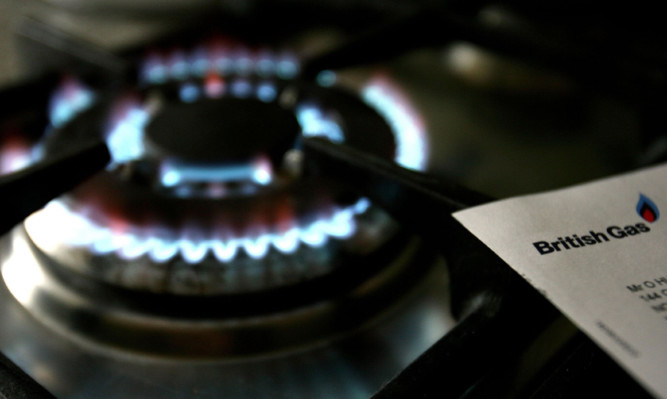Controversy over high energy prices has been reignited when British Gas announced it had doubled profits in the first half of the year, as its parent firm announced thousands of job losses.
Centrica said 6,000 posts would be cut across the group, around 10% of its workforce, although 2,000 new jobs will be created so the net loss will be 4,000.
The cuts follow a strategic review which is aimed at delivering savings of £750 million over five years.
British Gas profits were £528 million for the first half of the year, more than it made in the whole of 2014, even though it cut prices by 5% earlier this year.
Not all the job cuts will be in the UK, while around half are expected to be through redundancies.
British Gas ‘s operating profit was up by 44%, according to interim first half results from the group, which was larger than expected.
The company said this was because of a colder year compared to 2014, with consumption up by 11%.
Centrica’s group adjusted operating profits fell 3% to £1 billion.
Which? executive director, Richard Lloyd said: “While it’s good to see the new commitment from Centrica to focus on serving customers, with British Gas profits high and wholesale prices low, customers will no doubt wonder why cuts to their bills haven’t gone further, and haven’t included electricity.
“The Competition and Markets Authority (CMA) has confirmed that household bills should be lower if the energy market was truly competitive. Following the CMA’s blistering assessment of this sector, we expect big suppliers to pass on falling costs to their customers quickly and fairly.”
Ann Robinson, director of consumer policy at uSwitch.com, said: “The news that British Gas is predicting a surge in profits will be a hard pill to swallow for its customers, especially as so many went cold last winter to cope with sky-high bills.
“Wholesale prices, which make up around half of energy bills, have plunged to their lowest level in five years.
“Although British Gas is the only big six supplier to reduce gas prices twice this year, the fact remains that the combined cuts will lower its average dual fuel bill by just 6%.”
